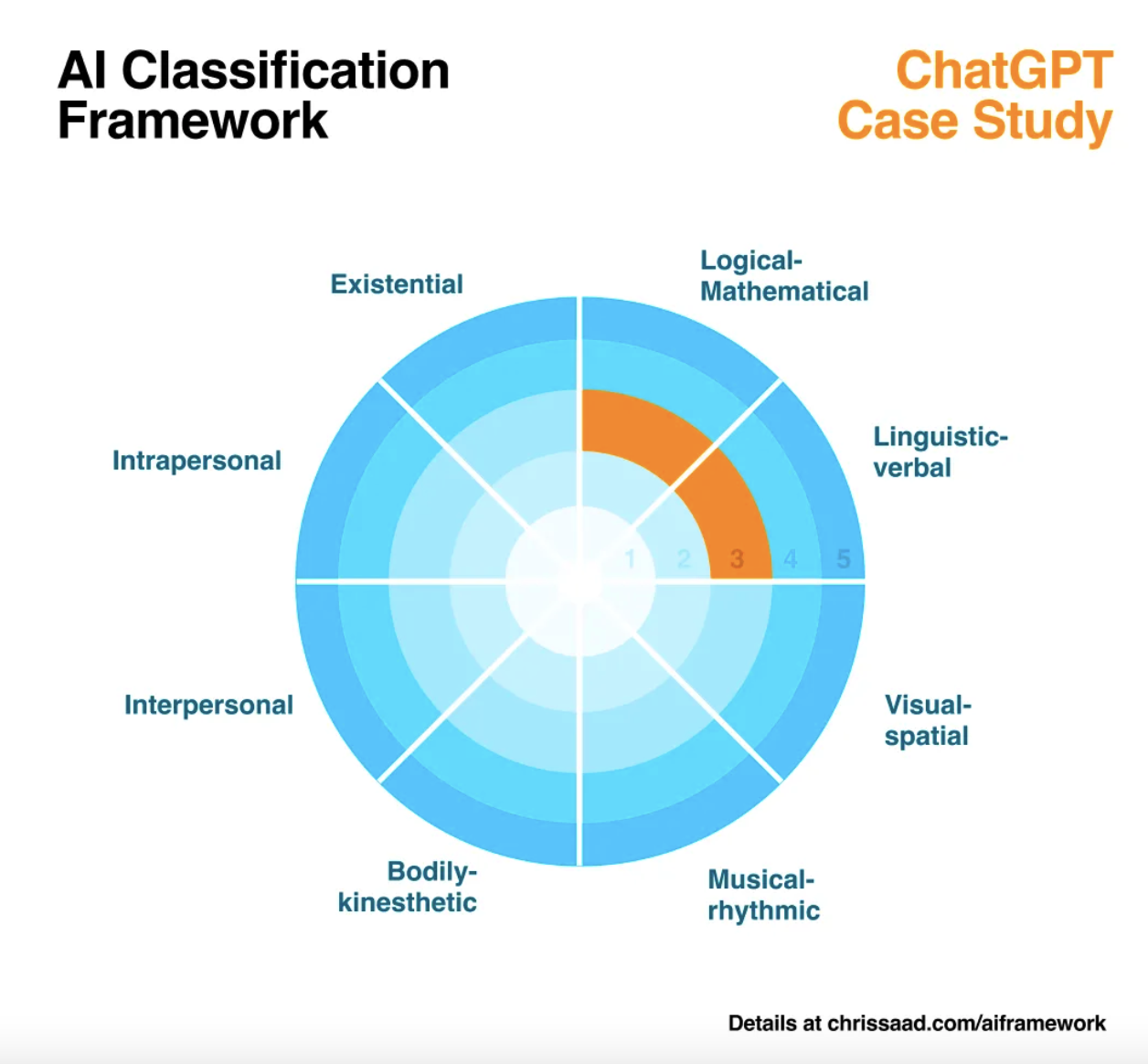The Fundamentals of AI: For Multi-Location Marketers
Prior entries in our recent series of posts about AI in marketing have focused on topics like how to get started with generative AI and how to utilize AI for improved efficiency and cost savings.Though these are worthy near-term goals, the realization of the full promise of AI is still a future proposition.
AI will likely help us to:
- Interact more effectively and simply with the martech platforms we use every day, using ordinary conversational language
- Allow non-technical staff to perform complex tasks that previously required time and effort from data analysts or programmers
- Detect and preemptively act on performance improvement opportunities in marketing campaigns of all kinds
- Knit disparate datasets together into a powerful unified resource that will help marketers understand and anticipate customer needs
In fact, a recent Google survey found that 82 percent of those working in organizations that are contemplating or using AI feel it will significantly transform their industry. A study from McKinsey & Company projects as much as $4.4 trillion in value will be added to the global economy due to AI’s impact on productivity.
For this future to manifest, marketers must prepare and cleanse their datasets, examine their tech stacks, and await solutions being built and tested by martech providers today. So what else can marketers do in the meantime?
Knowledge Is Power
According to the results of an upcoming SOCi report, some 42 percent of marketers say they haven’t received any formal training on AI, and an even greater number, 70 percent, feel overwhelmed by the pace of AI development.
If you’re like these marketers, our best recommendation is to start by mastering the fundamentals. You don’t need to have programmer-level knowledge of AI to leverage its benefits, but knowing “enough to be dangerous” can help to alleviate anxiety and empower you to understand the potential of AI technology. So let’s dig in.
AI Concepts You Should Know
Artificial intelligence (AI): <AI itself refers to any manifestation of intelligent behavior that does not have a biological basis, though today it refers primarily to the ability of software and machines to exhibit traits that we typically associate with human intelligence.
Machine learning: A method for achieving artificial intelligence whereby software is created that has the ability to “learn,” or improve itself, without the need for human intervention at every step. Machine learning is modeled on, but not identical to, human learning.
Algorithm: A set of instructions or rules for solving a problem or performing a computational task. Algorithms like Google PageRank execute instructions written by human programmers, whereas machine learning algorithms can produce results and improvements without the need for an explicit human instruction.
Neural network: The predominant machine learning method utilized by generative AI tools like ChatGPT. Artificial neural networks are based on the structure of animal brains and configured in layers, with an input layer that gathers various forms of input (including user queries), an output layer that produces end results, and intermediate layers performing a variety of processing tasks.
Deep learning: A form of machine learning that utilizes neural networks. The word “deep” refers to the multilayered nature of such networks.
Foundation model: Modern generative AI tools like ChatGPT and Midjourney are considered foundation models; this means they are trained on very large datasets (such as the internet) and capable of performing a wide range of tasks with no particular specialization.
Generative AI: An AI model that is designed to be able to produce new content in various media, including text, code, images, sound, and video. Such models may also be able to accept inputs in various media formats. (The ability to accept inputs and produce outputs in more than one medium is called mutimodality.)
Large language model (LLM): A type of generative AI model that is trained on large amounts of text. The model that powers ChatGPT (whose latest public iteration is GPT-4) is a good example of a generative AI model that can also be termed a foundation model as well as an LLM.
Prompt engineering: Also called prompt design, prompt engineering is a set of techniques for creating prompts that produce a desired result from a generative AI application like ChatGPT, DALL-E, Midjourney, or Bard. These techniques may include providing the chatbot with context for a response (“Respond in the persona of an expert in email marketing”), breaking up tasks into logical steps, or configuring settings like temperature (which controls the level of creativity vs. accuracy in a response).
Parameter-efficient tuning: A type of prompt engineering which involves providing an AI model with several examples of a desired output in order to influence its responses. For instance, a generative AI app might be given examples of copy written in a brand’s standard voice and then asked to produce original content in that voice.
Fine tuning: The process of training a foundation model on a particular category of information, such as medicine or the law, so that it can gain specialized expertise.
Capabilities of ChatGPT mapped onto AI Classification Framework by Chris Saad
Now Get to Work
We hope this tour of fundamental AI concepts has been useful as you work to orient yourself to the brave new world of AI in marketing. Now that you’re armed with a basic vocabulary, keep using those AI tools for boosts in near-term efficiency as you prepare your organization for the transformative impact of AI in the near future.
To learn how SOCi can help your multi-location business integrate AI into its marketing strategy through the use of SOCi Genius, request a demo today!

